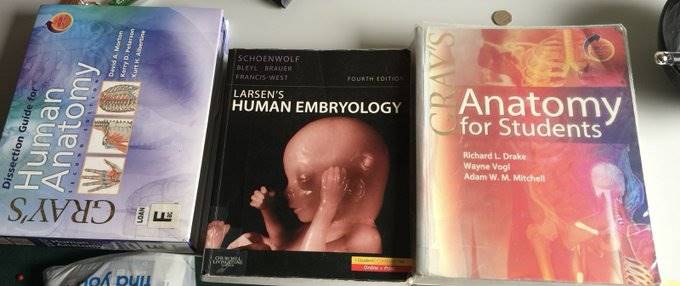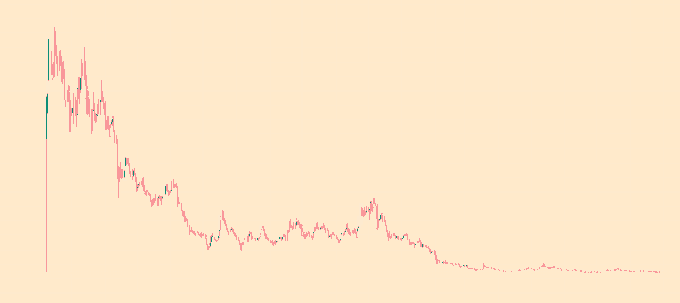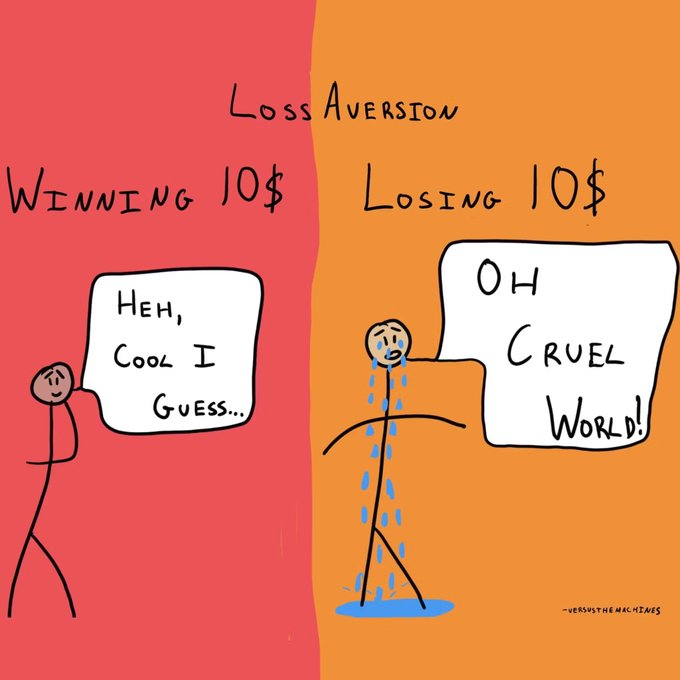If you sell your holdings today, will you buy them back tomorrow?
Author: Wajahat Mughal
Translation: Deep Tide TechFlow
"You've wasted all your time and energy."
— In August 2025, someone said this to me.

This is a photo of the first batch of books I took during my first week as a medical student, but I never really opened or read these books.
Let me tell you a little story. Almost ten years ago, I started my studies in medical school. At that time, I often thought about what I wanted to do in the future. The books in the picture were borrowed from the library, and the first week's cases began with embryology and anatomy; the excitement at that time was real. I would think about the vast space of the medical field, imagine my life as a doctor, and the choices I would need to make after graduation.
The allure of a medical career lies in its diversity:
You can get hands-on like a trauma surgeon;
Focus on technology, like radiology;
Center around communication, such as family medicine or psychiatry;
Or combine various elements through emergency or acute medicine;
There are dozens of other specialties, each with its unique perspectives, characteristics, and pros and cons.
At that time, I initially wanted to become a surgeon and thought being an ophthalmologist was cool too. But I quickly realized that anatomy wasn't for me; although I performed well in hands-on tasks, I found that I didn't enjoy spending time in the operating room. Later, I considered entering radiology, then family medicine, and even briefly thought about gastroenterology. The point is, I only saw myself pursuing a career in medicine at that time, completely overlooking other possibilities.

Capturing a beautiful sunset during a busy surgical rotation after graduation.
I never thought I would work in finance, let alone in cryptocurrency and decentralized finance (Crypto/DeFi). But life is always full of changes. I experienced new things, met new friends, explored new hobbies, and in the blink of an eye, nearly ten years have passed, and I stand at today's starting point. In fact, when I first entered medical school, I had no idea what cryptocurrency was. Looking back, the journey from who I was then to who I am now is astonishing.
A few days ago, at an event, someone told me, "You've wasted all your time and energy leaving medicine." Over the past few years, I've heard many similar statements as I gradually reduced my medical practice and turned to the crypto field. I understand that these words sometimes stem from concerns about safety and stability, but they are wrong. In one word, that is "human capital." All the learning, experiences, skill development, and memory accumulation have become who I am today. They haven't disappeared! For me, this includes everything from communication skills to critical thinking, memory ability, and the actual ability to treat acute or chronic patients. These skills are still a part of me.
The Sunk Cost Fallacy
The main message I want to convey is: do not fall into the sunk cost fallacy. In the medical field, I often see this situation, and perhaps some of you have encountered it as well. Just because you have invested a lot of time and energy into something does not mean you need to pursue it as a lifelong career.
The sunk cost fallacy is our tendency to stick with something—whether emotional, financial, educational, or psychological—even when better opportunities are presented. For example: you invested in a newly launched altcoin that was considered the next big hit, and you put some money into it. However, months later, you find it underperforming, while other projects in the market are developing better, and the team is severely lagging in plans for the next product update. Despite this, you still choose to hold onto these coins.
Why don't we just sell and turn to other opportunities?

Have you ever been a "bag holder"? You might have experienced this situation…
The sunk cost fallacy wins again because it makes us consider the costs already incurred more than the future opportunities when making decisions. We focus too much on the resources already invested and overlook other options (like in many cases, selling that altcoin for Bitcoin would be a better decision). This phenomenon is rooted in our irrational behavior, where we are often overly influenced by emotions. This fallacy is also closely related to commitment bias and loss aversion, which is something every cryptocurrency investor or person in the investment field may have experienced.

What can we learn from this?
Using my experience as an example. When @0xBobdbldr reached out to me, inviting me to join him and do something completely different in the DeFi space, I was already working part-time in the crypto field but still engaged in medical practice. I stood at a crossroads in my life: should I fully enter the crypto field? For me, DeFi was a once-in-a-lifetime opportunity to participate in the early stages, create impact, and importantly, change my life and the lives of others. This choice was based on considerations of future gains while avoiding commitment bias, which helped me overcome my internal struggles.
Letting go of past matters is perfectly acceptable. Some things are irreversible and may involve high costs, but the potential benefits of another choice may far exceed what you are holding onto. As mentioned above, this could be a job, an upcoming event, or even an investment you have already made.
Accept and learn: You may have made mistakes, made poor choices, or simply have a brighter alternative waiting for you. Embracing change and letting go of irreversible sunk costs is a great thing.
Try to think rationally, not just emotionally, especially in investment decisions.
Focus on future gains, whether it's a new investment opportunity or a new career waiting for you, using data and metrics to support your decisions.
I love those who ask questions like: "If you sell your holdings today, will you buy them back tomorrow?" I think in many cases, the answer might be no!
免责声明:本文章仅代表作者个人观点,不代表本平台的立场和观点。本文章仅供信息分享,不构成对任何人的任何投资建议。用户与作者之间的任何争议,与本平台无关。如网页中刊载的文章或图片涉及侵权,请提供相关的权利证明和身份证明发送邮件到support@aicoin.com,本平台相关工作人员将会进行核查。




